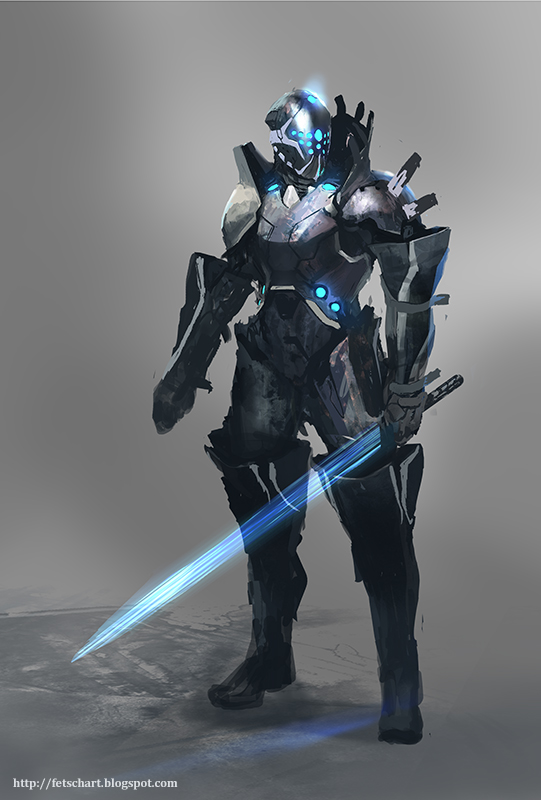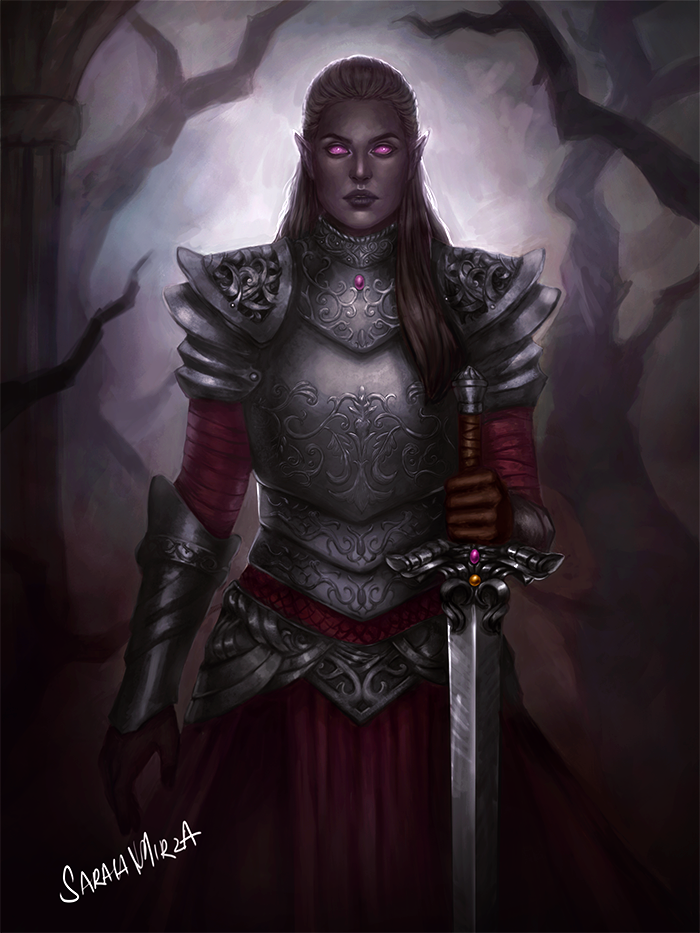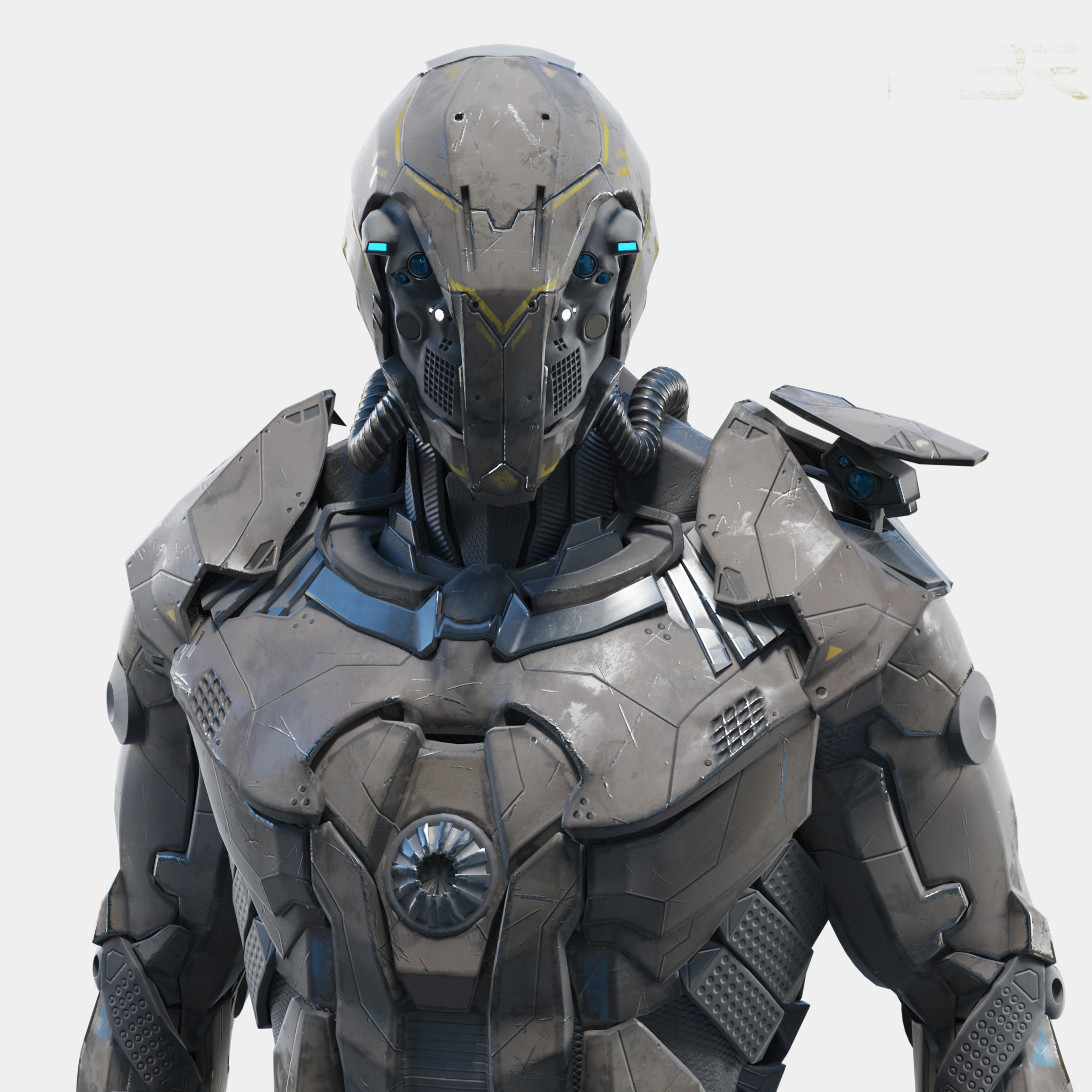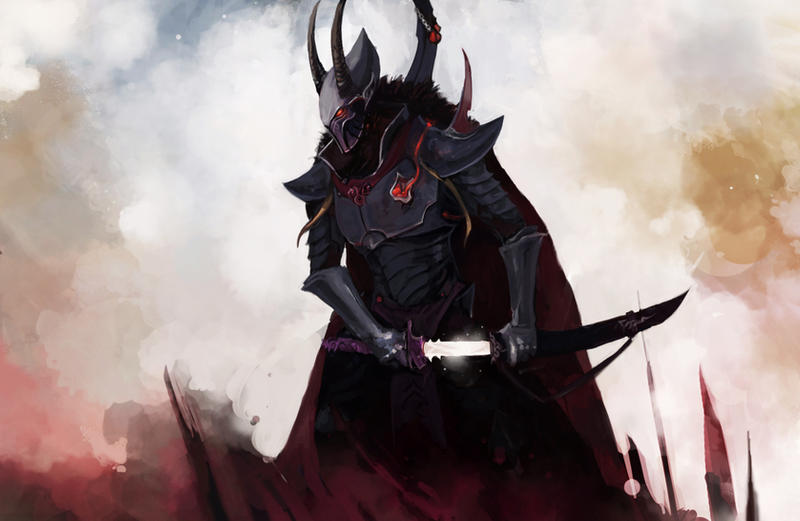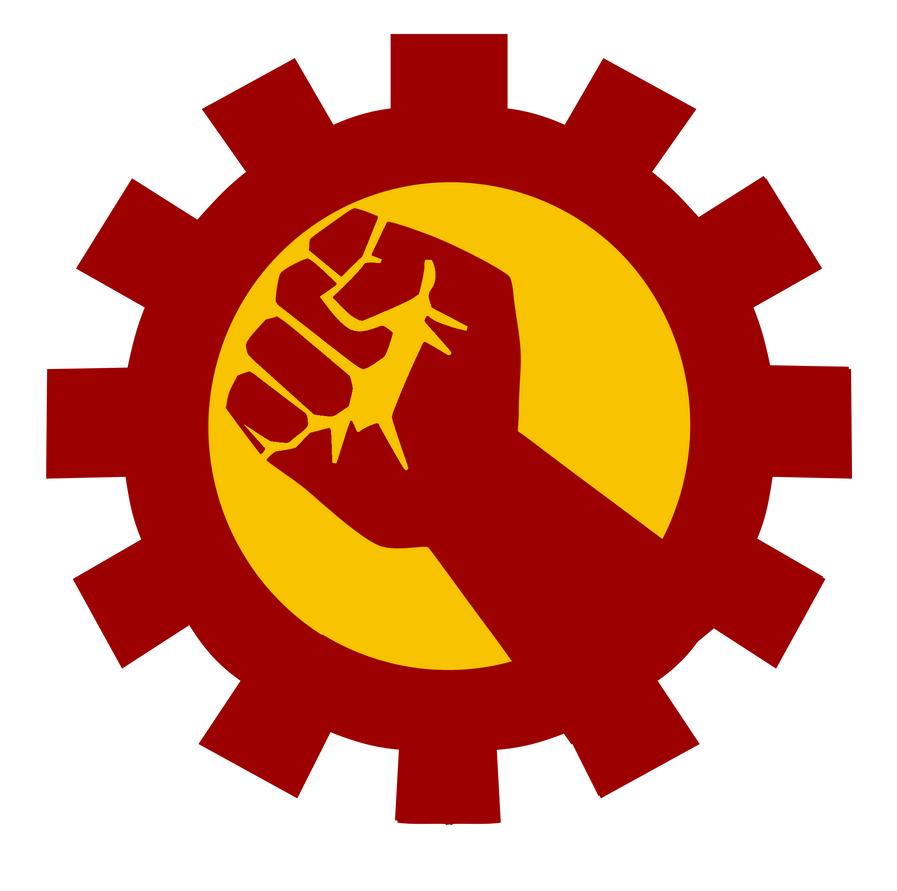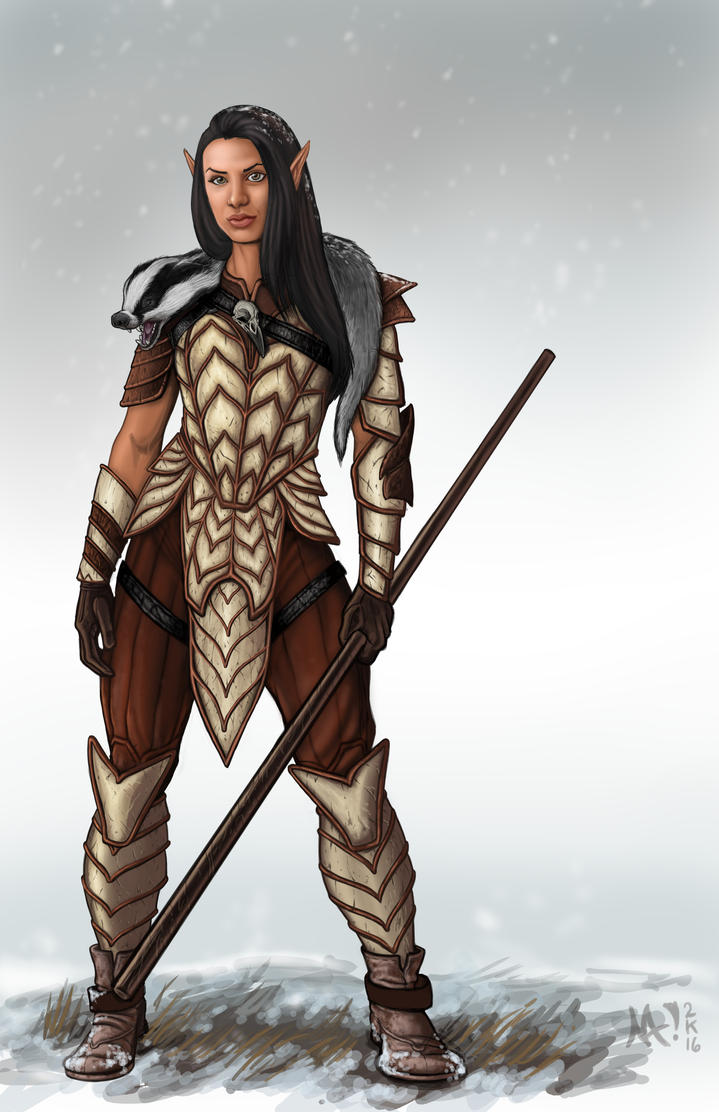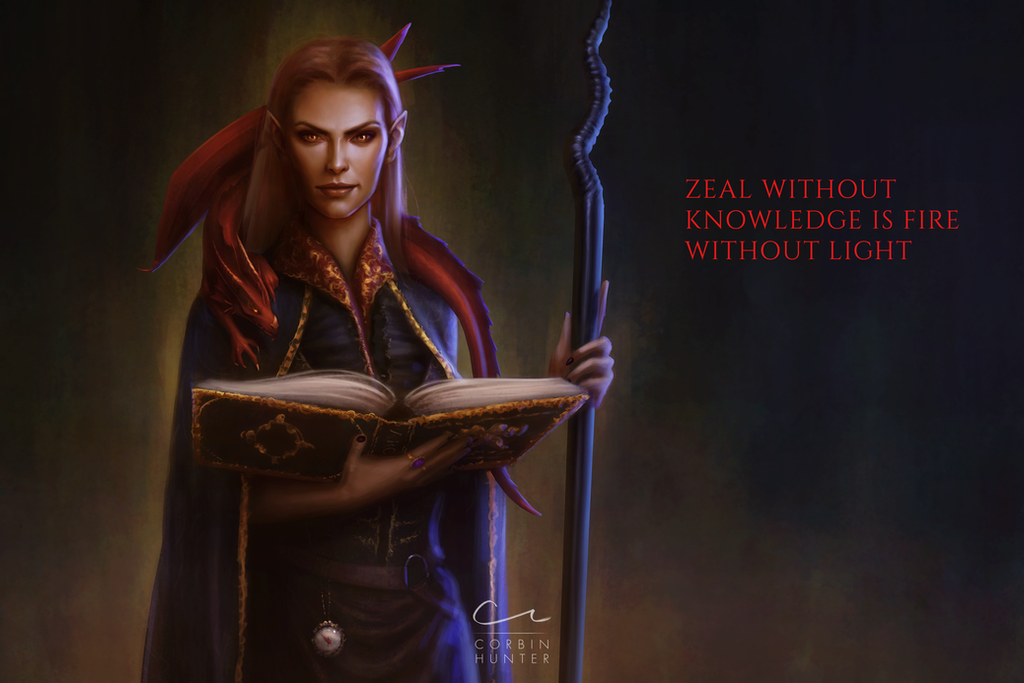
OUT OF CHARACTER INFORMATION
- Intent: Expand on Eldorai culture and lore. Codify a group referenced in roleplay and Codex submissions.
- Image Credit: Here. 'Saherim Melianne' by CorbinHunter.
- Role: Religious group, foil to the Church of Ashira.
- Links: Church of Ashira, Eldorai, Kaeshana, Eldorai Exodus from Kaeshana, Tygara, Blades of Reason, Emissaries of Illyria, Twin Exiles.
- Group Name: The Faithful Community of Believers who Aspire to Ashira's Grace. Or the Aspirants for short, since the full name is clunky.
- Classification: Religious Cult.
- Headquarters: No planetary headquarters. Part of the Shadow Knights' migrant fleet. Individual cells, recruiters and preachers can be found in various Eldorai settlements or aboard Asur worldships. Congregations can also be found on Firemane space stations.
- Loyalties: Eldorai, Sahome Tyral, Shadow Knights.
- Group Sigil: The Aspirants use a rising sun as their symbol, for it represents the light of Ashira.
- Description: The Aspirants are new Eldorai religious movement that has split off from the orthodox Church of Ashira. They are composed of those who believe that the true word of the Goddess has been forgotten and that the Church had traded it for mammon. Unlike some reactionary movements, the Aspirants take a more radical inclusive stance towards egalitarian religion. In what could be called a Reformation, they have abolished formal ecclesiastic ranks and returned to the teachings of the scriptures. In contrast to the orthodox Ashirans, they are strict monotheists.
- Hierarchy: The hierarchy can be best described as presbyterian. They believe that where the mainline Eldorai went wrong was 'surrounding Ashira with a collar of bureaucracy'. However, they reject the idea that every congregation should be fully independent. Instead each local church is governed by a body of elected elders, which is usually called the consistory. Groups of local churches are governed by a higher assembly of clerics. They join together into a synod. All Aspirants together form the priesthood. Thus there is no strict separation between clerics and laypeople. The local elder is a learned Aspirant who guides her fellow believers by setting an example. The Aspirants use a conciliar method of church government, in other words leadership by council. Thus, the elders govern together as a group, and at all times the office is for the service of the congregation, to pray for them and to encourage them in the faith. Individual churches are still not fully independent, but answer to the wider church. Sahome Tyral refused the title of High Priestess of Ashira, but her word has tremendous weight. This has less to do with a formal position and more to do with her charismatic authority.
- Membership: In principle the Aspirants are open to all Eldorai who agree with their principles. Those who embrace the faith undergo an initiation ceremony where they pledge themselves to Ashira. Members must not be associated with groups regarded as hostile to Eldorai interests. They must also pledge themselves to the Goddess and the defence of the freedom of the Eldorai people - within reason, obviously. Force-Sensitive priestesses tend to use empathic and healing powers in service of the Goddess. Some have even manifested farsight. However, the scale of their abilities varies. The Aspirants do maintain a militia to protect their members. Believers are encouraged to do their part to protect the local Eldorai community or colony ship they happen to belong to.
Dogma/Doctrines: The Aspirants' beliefs are best understood in relation to those of the orthodox Ashirans. Traditionally, the Eldorai are polytheistic, and citizens are allowed to believe in whomever they wish. However, all Gods and Goddesses are subordinate to the chief of the pantheon, Ashira the Great Goddess. Ashira is the creator of the Eldorai in their religion and is also the one who empowers each Star Queen with her authority. The Star Queen is not just a temporal ruler, but the High Priestess of Ashira.
The Eldorai creation myth postulates that In the beginning, Ashira was created by the sun, the moon and the stars to create a chosen race which would one day inherit the universe. She in turn created the pantheon, infusing part of her knowledge into each, and then formed the Eldorai to be perfect creatures in her image. Thus Ashiran faith does not incorporate a concept akin to original sin. Aside from Ashira, Chief of the Gods, Goddess of Light, Fire and the Air, the pantheon consists of the following deities:
- Valora – Goddess of War and Honour.
- Tyth – Goddess of the Oceans and Water.
- Ardarvia – Goddess of Law, Order and Justice.
- Liorre – Goddess of Craft and Trade.
- Ferrano – God of Agriculture and Fertility.
- Kyran – God of Nature and Animals
- Illyria – Goddess of the Underworld and Death.
However, Illyria grew envious of Ashira's place and rebelled against the forces of light. To mock Ashira, she spawned demonic creatures.Illyria and Ashira are believed to have fought in an epic battle, at the end of which Illyria managed to wound but not kill Ashira. As punishment, Illyria and her followers were banished into the abyss beneath the earth. Meanwhile, Ashira ascended to the heavens. One day she is expected to return and lead her people to glory. Since Illyria turned on the queen of heaven and spawned demonic creatures, she's an object of fear and revulsion instead of worship. Those who transgress go to hell and suffer horrible punishment. By contrast, heaven is seen as a paradise for the faithful. When an Eldorai passes from the mortal veil, she is judged by the Goddess. All deeds, both good and bad, are laid bare before the Goddess, all lies fall away to reveal whether she has been virtuous in life and done good. Those who pass this trial are welcomed in the realm of Ashira. Their mortal lives are regarded as a mere prelude to this noble calling, for they are now reunited with their ancestors and the Heavenly Mother. Those who fail the divine judgement are cast down to Illyria's realm, where Ashira's fallen daughter plots against her mother and aims to ever despose her. But the dark one always fails in her schemes.
The Aspirants agree with the basics of the creation myth. Ashira was created as in the orthodox scriptures, made the Eldorai in her image, was betrayed by Illyria and ascended to heaven. Their views on the afterlife are also the same. However, the Aspirants reject the idea of a polytheistic pantheon. Valora, Ardarvia, Illyria etc. are not deities, but more comparable to angels. They are manifestations of Ashira's grace, given form by her divine will. They were made by Ashira and are thus not on the same level. As a consequence, Aspirants are prohibited from worshipping them. This is one of the stumbling blocks that prevents reunification between the churches. Moreover, the Aspirants do not regard the Star Queen as Ashira's viceroy. Rather they postulate that every believer can find her own way to the Heavenly Mother, without requiring a Queen or a cleric to act as an intermediary. This makes the Queen a purely secular ruler. Justification by scripture alone is one of their pillars. According to them, the believers must cat down the flummery, opulence and trappings of the old Church. Priestesses are expected to set an example by living in austerity. Of course, the Aspirant clerics are just as fallible as sentient beings everywhere, but that is the ideal.
The Aspirants promote modest attire and disdain wasteful use of hardearned money, which includes the purchase of luxuries. By working hard, a believer glorifies the Goddess. Those perceived as 'lazy' or unwilling to do their part are looked down upon. A believer is required to pursue a vocation with as much zeal as possible.
On the whole, the Aspirants are rather sceptical of monarchy. Several of them view it as blasphemous, proclaiming that Ashira is the only queen. However, being Eldorai, they are also sceptical of direct democracy. Some advocate a form of theodemocracy; a few would be content with a separation of Crown and Church, though they would probably still expect the spirit of Ashiran morality to permeate society. Sahome espouses republican views, though these are closer to oligarchy than representative or direct democracy. They strongly oppose the sale of indulgences. Indeed it was this practice that caused their spiritual founder, Sahome Tyral, to become an outspoken critic of the old Church. Her opposition culminated in her nailing 59 theses to the door of an Ashiran Cathedral.
Pan-Eldorai nationalism is another one of their pillars. The Aspirants are deeply opposed to forces they consider inimical to Eldorai. These include the First Order due to its occupation of Kaeshana, Sith and slavers. While not directly hostile, they have a negative opinion of Jedi, viewing their beliefs as incompatible with Eldorai traditions. The Aspirants believe that all those of Eldorai blood should unite and thus they welcome the Vashyada, Xioquo and Qadiri into their community, regarding them as fellow Asurans. However, they are more than a little patronising about it, as several of their leaders still believe the Eldorai have a 'civilisational mission' when it comes to their 'cousins'.
Like the mother church, the Aspirants are not pacifists. Nor do they subscribe to the idea that a priestess may not shed blood. Ashira may be the creator, but she is also the martial goddess of fire and a just war is regarded as righteous. Their opposition to the Crown has put the Aspirants in an enemy of my enemy situation with the Shadow Knights, an Eldorai rebel coalition. This has forced them to cooperate with groups they would normally consider heretical.
Regarding the topic of male rights, the Aspirants have conservative views, espousing the traditional matriarchal family structure. While they acknowledge that certain pragmatic concessions must be made in times of need, such as war, overall they believe that men should stay at home. According to one of their preachers, the Goddess' plan for a man is homemaking. There is no higher goal a man may desire and no nobler calling for him in this world. It his duty to be a helpmate for his wife, look after the children and take care of the domestic sphere. They believe that family structures are crumbling and view this with concern. From the very beginning, the Goddess created men to be fathers and homemakers. She created the family unit, with clear roles and guidance for each person in it. A man must love his wife, love his children, be discreet, be virtuous, a good homemaker and obedient to his wife, so that the word of the Goddess is not blasphemed. Within his goddess-appointed, a man is a king, outside of it he is in trouble. It is a vital part of how a man can bring the Goddess glory in his daily life. He must raise his wife's children to be good, hard-working and virtuous. Strong churches and strong communities cannot be built without strong homes, which requires both genders to fulfil their divinely-ordained duties. One might note that the Aspirants make no distinction between adopted and biological children. This is in keeping with common Eldorai views.
The Church is also still somewhat xenophobic concerning non-Eldorai. They should be treated well, but not as well as Eldorai. The Aspirants stress that the Eldorai must take pride in themselves and their own culture, instead of following foreign fads. Outsiders may have superior technology, but Eldorai have souls created by the Goddess. However, this does not translate into rejection of foreign know-how. Instead the Aspirants stress that Eldorai should learn to master foreign technology so that they can develop it on their own and use it for the benefit of their people, without abandoning their values. They encourage traditional Eldorai attire, food and music. Likewise, they are opposed to marriages between Eldorai and non-Eldorai. They are still rather racist towards Kar'zun. Unsurprisingly for Eldorai, the Aspirants have very uncompromising views on slavery, viewing it as a great evil and those who promote or profit from it as the lowest of scum. Consequently their methods for punishing slavers are extremely harsh. This is probably one of the few things virtually every Eldorai group agrees on.
- Curios: 'Liber Ashira' - the Ashiran holy book. Also copies of Sahome's 59 theses.
- Goals: To uphold and propagate the true faith, free oppressed Eldorai, offer them shelter, salvation. Build a new home for their people.
- Sahome Tyral: Priestess, chairs the Holy Synod. Officially first among equals, who is more equal than the others.
- Holy Synod: Highest committee of the Church.
- Lilandra Taeyr: Disciple of the Aspirants, warrior, commander of the Icewind Ravagers.
HISTORICAL INFORMATION
The history of the Aspirants is tied closely to that of Sahome Tyral, their founder and spiritual guide. It was Sahome whose fomented the split in the Ashiran Church that ultimately led to the creation of the breakway movement. Ironically, this was far from her intention, for she wanted to reform the Church, not found a counter-church. Then again it can be argued that the schism was a long time coming. Sahome was born in the town of Nadana, Kaeshana, a bit away from the capital city Santaissa. Her mother was a copper miner, who eventually became a town councillor. Sahome studied law, but eventually became a cleric after her sister died in a pirate raid. She quickly rose through the ranks of the ecclesiastical hierarchy, making a name for herself for her fiery orator, incorruptibility and ascetic life style.
Sahome dedicated herself to the Church, devoting herself to fasting, long hours in prayer, pilgrimage and frequent confession. Her drive to be a good Ashiran seemed obsessive. Later on she described this period of her life as one of spiritual despair, noting that she lost touch with Ashira the Merciful and had instead turned her into a jailer of her soul. Her superior turned her mind away from constant reflection on her sins towards the merits of the Goddess. She was soon ordained and began to teach theology at a local university.
She visited Santaissa on behalf of her order and was appalled by the corruption she found there. Her journeys to various backwater settlements had exposed her to the poverty many ordinary Eldorai lived in, yet many of the high clerics were corrupt and debauched. At first, Sahome seemed like an orthodox cleric with a bright future ahead of her. Orthodox thinkers praised her when she published a rebuttal of the theories of the heretic Charae Dawai, who had been imprisoned for claiming that humans and Eldorai shared a common origin. When Star Queen Tirathana VI banished an entire commune of Illyria worshippers, Sahome wrote an article praising the sovereign for removing demon worshippers from Kaeshana. The authorities took notice and expected great things of her. Eventually she was made an Abbess. However, she became increasingly angry about the clergy selling indulgences. These promised remission from sin and were supposed to work in a dead soul's favour when it was being judged in the afterlife. Sahome regarded this as hypocritical, for scripture said that it was the Goddess and her court who deliberated upon whether an Eldorai's good deeds outweighed her bad ones. Those judged as good-hearted were granted entrance into heaven, while the wicked were cast into Illyria's hellish pit. The Goddess' favour could not be bought.
A believer could aspire to Ashira's grace by faith alone. She became enraged when the Ashiran Church sent a cleric called Johaena Teatzel to her home province to sell indulgences to raise money in order to build a grand temple in Santaissa. Both clerics clashed in public. Sahome is said to have burned the commissioner's indulgence papers. Eventually things came to head when Sahome nailed her 59 theses on the door of the local cathedral. At this stage she was still a moderate, believing she could reform the Church from within. She was also a strong supporter of the Monarchy. To her, the Star Queen was still Ashira's viceroy. Rebellion against her was not just treason, but heresy. Indeed, Sahome seemed convinced that the Queen herself was righteous, but misled by bad advisers. However, this rosy view of the Queen would not last. She wrote a series of pamphlets outlining her ideas, such as 'To the Ashiran Nobility' and 'On the Freedom of an Ashiran Woman'.
However, her actions attracted the attention of the Temple of Ardarvia. Arvardia was the Eldorai Goddess of Law, Order and Justice and her clerics acted as inquisitors, charged with ensuring that all believers remained true to orthodoy and did not stray. During a sermon, Sahome was arrested and informed that the Star Queen had excommunicated her. She was then brought to Santaissa, where she was put on trial by a religious court. What worked in Sahome's favour was that some nobles felt sympathy for her cause - or at least saw her as a useful pawn in the game of thrones.
This may have prevented her from having an accident on the way. Or just being sent to the Island of Fallen Angels. After being interrogated by the inquisitors, she was put on trial. There Sahome was given copies of her writing and asked if the books were hers, and whether she stood by their contents. Sahome confirmed that she was the author, but refused to recant. The Ardarvian cleric presiding over the tribunal declared her a Dark Eldorai and heretic. This made it a crime for anyone to give her food or shelter. Anyone who aided her would be declared an enemy of the Crown and the Faith. It also permitted anyone to kill her without legal consequences. Her family was put under pressure to disavow her. However, her allies managed to break her out of prison, posing as guards. Otherwise she would have probably been executed.
Forced to flee Kaeshana, she acquired a following among the Eldorai exiles. A pretender to the Eldorai throne called Taenarys Evora tried to manipulate the religious leader and use her movement for her own purposes, but Sahome humiliated the claimant during an audience, prophesying a grim future for her. Her predictions turned out to be correct because Taenarys' attempt to conquer Kaeshana with an army of sellswords ended in defeat. As the Aspirants' numbers soared, it became clear that they needed some formal organisation. Sahome refused the position of High Priestess, regarding it as blasphemous, though she consented to chairing the synod.
Meanwhile, changes were taking place on Kaeshana. Queen Tirathana VII, daughter of the queen who had branded Sahome a heretic, abolished religious persecution and proclaimed freedom of conscience. She also tried to reduce the influence of the nobility and ecclesiastical hierarchy and create opportunities for lowborn Eldorai. However, foreign ideas were also finding their way into Eldorai society, many of which Sahome disapproved of. Troubled by visions of a coming doom, Sahome decided to take advantage of a royal amnesty and return to Kaeshana. This was controversial among the Aspirants and caused some of them to break off and form their own sect. Sahome exerted a calming influence during the Netherworld Event, when many Eldorai believed the end of days was at hand. However, Aspirants and conservative Ashirans also clashed violently.
Once the crisis had passed, Sahome believed the great doom had been averted. This was an error. The story of the Exodus has been told many times. Suffice to say a massive asteroid collided with Kaeshana. Some religious fanatics saw it as Ashira's punishment for straying from the old ways and consorting with foreign devils. Having been forewarned, the Eldorai and Firemane made a colossal effort to save as many Eldorai as possible. More than three billion could be saved and evacuated to Tygara. Firemane's warships were able to drastically reduce the asteroid in size. This mitigated the destruction caused by it. However, some Eldorai had to be left behind. They were forced to eke out an existence in a post-apocalyptic wasteland and cursed those who had gotten away. They called themselves the Forsaken. Menaced by slavers and corsairs, the Forsaken vied amongst themselves over the scarce resources. Rather than save herself, Sahome chose to stay behind on Kaeshana. Some of her disciples were sent offworld to make sure her message stayed alive. Others stayed on the doomed planet.
She was ministering to the Forsaken in an underground shelter when the asteroid impacted. She was among those who tried to wrest some order from the chaos. This forced the Aspirants to make some rather unorthodox alliances. Initial contact with the Shadow Knights was hostile. Sahome, who was still somewhat wedded to the idea that the cataclysm might have been a divine punishment, thought poorly of them, since many of their members were secularists. They also made deals with some warlords, whom she considered to be inimical. Thus she encouraged her followers to oppose them and fighting ensued. However, this was disadvantageous, as it helped split the Eldorai.
Unexpectedly, the Shadow Knights came to her aid when her followers were assailed by foreign raiders. Sahome realised that she had let pride get in the way of the greater good. After a very heated debate, the Aspirants' synod decided to agree to an alliance of necessity. Supplies and resources were scarce, Kaeshana was facing a new ice age and a lot of Eldorai blood had been spilt over the past few months. The network the Aspirants had built among Eldorai exiles and exodites gathered donations for the Forsaken, which helped them survive the Long Night. However, tensions remained strong. Indeed the Aspirants and the Illyrians among the Shadows were close to open warfare, when the GA, Firemane and the Tygaran Eldorai Matriarchy launched a humanitarian mission to help the Forsaken. The First Order also took an interest in Kaeshana, seeking to annex it. Conflict ensued, leading to the Kaeshana Rebellion. Followers of the Aspirants took part in the conflict alongside the Shadows and other Eldorai rebels that had allied with the Alliance. However, the Shadows were forced to retreat after the Alliance's forces withdrew from the planet.
For the time being, the Aspirants are part of the Shadows' nomadic fleet. A few of them have joined the ruling council. Service guarantees citizenship in the Shadow Knights, and so Aspirants who belong to the movement are encouraged to do their part. Traditionally, new recruits for the Shadow Knights must be vetted by a committee consisting of an Aspirant, a Rationalist and an Illyrian to ensure that they will not be a disruptive influence in the rebel coalition. However, the alliance is an awkward one and several Aspirants are not wedded to it. With the Eldorai Exodus from Tygara, some of them see a chance to reform the mother Church. Others, who believe the gulf is too wide and the old Church has compromised itself too much, believe now is the hour to gather all true believers and find a home for them, away from the pernicious influences of heresy, securalism and materialism. Relations with the Old Church continue to be problematic. A few conclaves have been held. In the best tradition of conclaves, they have produced little of substance beyond general declarations. Both sides are hesitant of going too far, lest their constituents see them as selling out.
The Aspirants maintain congregations on various Eldorai colony ships and independent settlements. They still have followers and sympathisers among the Eldorai who have remained loyal to the Crown. Some of the more radical Shadow Knights see these contacts as evidence of reactionary leanings and lack of revolutionary zeal. This especially applies to the Blades of Reason, who represent the most radical Rationalists. Ironically, despite Sahome's personal feelings on the megacorporation, Firemane space stations and worldships are a good place for the Aspirants to congregate on and proselytise because the company has a policy of religious tolerance. Firemane lets them preach as long as they don't break the law or incite others to do so.








